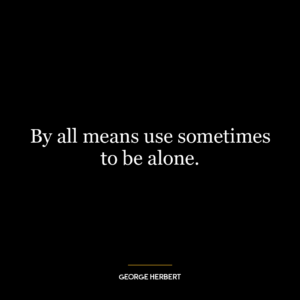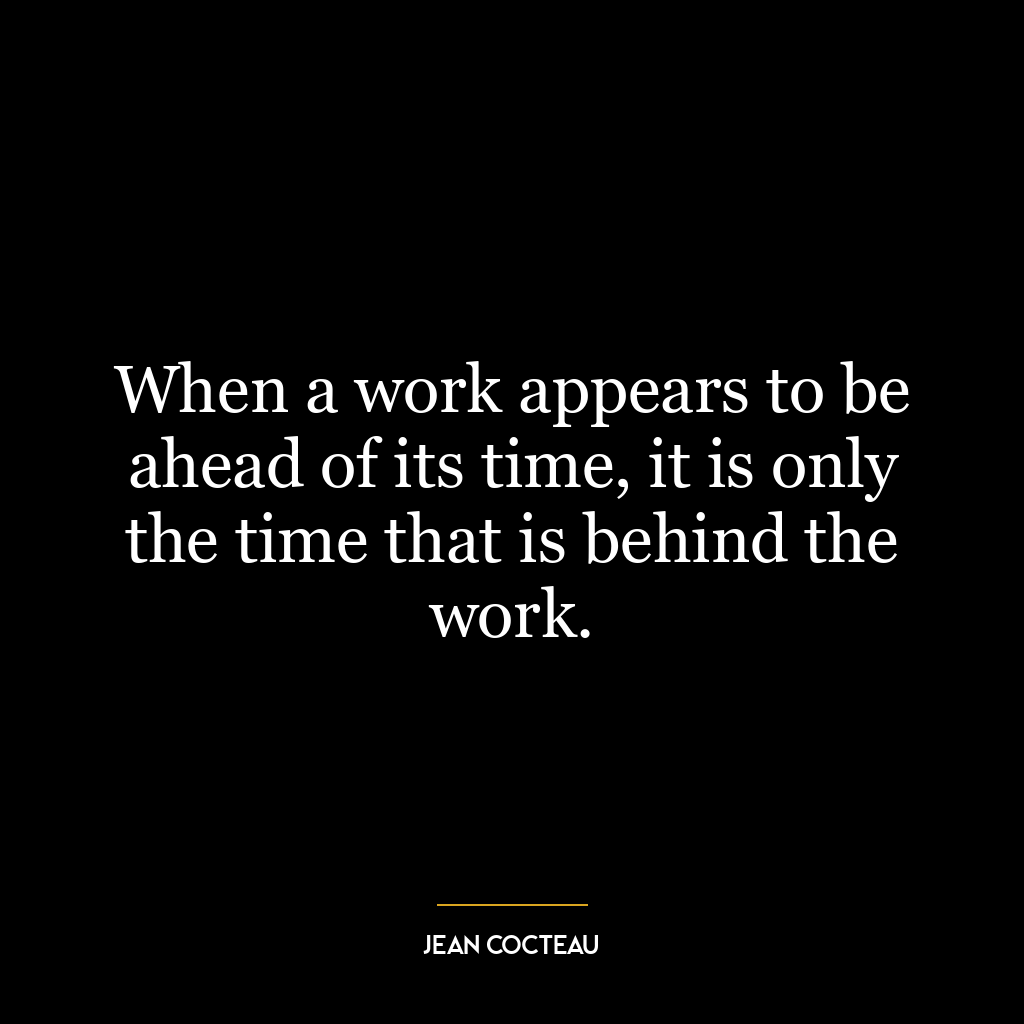This quote, “Let an ill man lie in thy straw, and he looks to be thy heir,” essentially suggests that when you offer help or support to someone in a vulnerable position, they may come to expect or feel entitled to more than what was initially offered. The metaphor of letting an ill man lie in your straw implies providing shelter and care for someone who is sick. This person then looking to be your heir refers to the idea that this person might begin expecting or feeling entitled to inherit from you as though they were family.
The concept can be seen as a commentary on human nature’s tendency towards dependency and entitlement. It touches upon the notion of boundaries within acts of charity or kindness. While it’s important and noble to aid those in need, it’s equally crucial not just for oneself but also for the recipient that they don’t develop an unhealthy reliance or sense of entitlement.
In today’s world, this idea could apply on both personal and societal levels. On a personal level, one might relate this quote about setting boundaries while helping others – whether it’s lending money repeatedly without seeing any effort from the other party trying improve their situation or constantly offering emotional support without seeing any progress.
On a societal level, we can see parallels with social welfare programs where some individuals may become overly dependent on government assistance rather than using these resources as temporary support while finding ways out of their predicament.
For personal development purposes, this quote serves as a reminder about maintaining balance between compassion and accountability when helping others; ensuring our good intentions do not inadvertently foster dependency or entitlement but instead empower individuals towards self-reliance and resilience.















